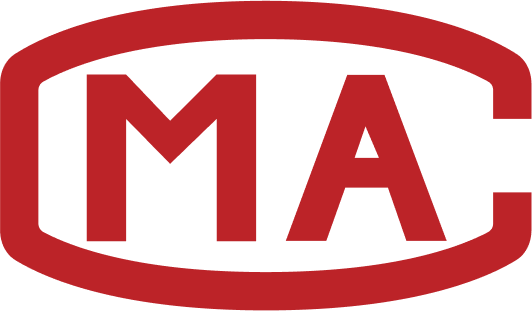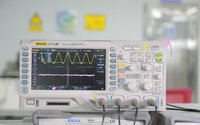How long is the storage validity period for electronic components? Formal third-party testing institutions
Date:2023-04-04 14:54:04Views:1245
Electronic components are an indispensable component of modern electronic products, playing an important role in various electronic devices. However, many people may ask: How long is the storage validity period of electronic components? This article will explore this issue and provide some useful information and suggestions.
The storage validity period of electronic components refers to the time during which the components can still work normally under certain storage conditions. This expiration date is commonly referred to as the shelf life. The shelf life of electronic components is related to their type, material, manufacturing process, and storage conditions.
In general, the shelf life of electronic components is between two to five years. This time range is based on data provided by component manufacturers. Different manufacturers may provide different shelf life, which is usually due to differences in manufacturing processes and materials.
_20230404145145_667.jpg)
Correct storage conditions are crucial when storing electronic components. The storage conditions for electronic components include factors such as temperature, humidity, light, and vibration. Generally speaking, electronic components should be stored at a temperature between 15 ℃ and 35 ℃, and the relative humidity should be controlled below 60%. In addition, components should be avoided from prolonged exposure to sunlight or severe vibration.
For electronic components that require long-term storage, some manufacturers provide special packaging and storage recommendations. For example, some components may need to be stored in vacuum bags and at room temperature. For these components, it is recommended to store them according to the storage recommendations provided by the manufacturer.
It should be noted that even if storage conditions are met, electronic components may still fail due to aging. The aging of electronic components is caused by changes in their internal materials over time. Therefore, even unused components may fail due to aging. This is also why when purchasing electronic components, one should choose standard and fresh components.
The shelf life of electronic components depends on multiple factors such as their manufacturing process, materials, and storage conditions. When storing electronic components, the manufacturer's storage recommendations should be followed and aging of the components should be avoided as much as possible. Purchasing components that meet standards is also an important factor in ensuring the long-term stable operation of electronic devices. Our company has a team of professional engineers and industry elites, with three standardized laboratories covering an area of over 1800 square meters. We can undertake various testing projects such as electronic component testing and verification, IC authenticity identification, product design and material selection, failure analysis, functional testing, factory incoming material inspection, and tape weaving.




 Weixin Service
Weixin Service

 DouYin
DouYin
 KuaiShou
KuaiShou




















